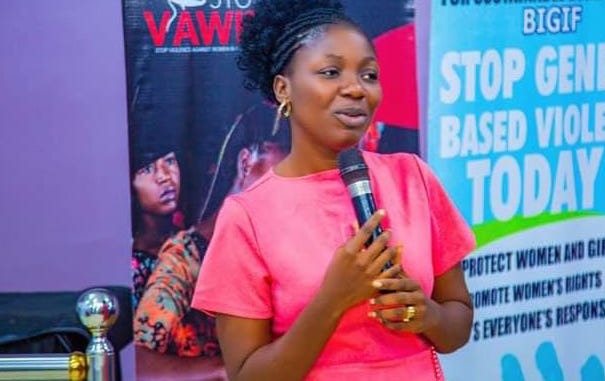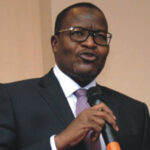
Governments in Nigeria have been urged to create a secure learning environment with safe spaces that will enhance learning among children, particularly the girl-child.
The Executive Director, Balm in Gilead Foundation for Sustainable Development, Ms Tumininu Adedeji, who said that education was the key to unlocking young people’s potential and building a better future for the communities, said, “Over the years, many girls in Ekiti State still face significant challenges accessing quality education and or are already dropped out of school”.
Adedeji spoke at a one-day Special Consultative Forum with a focus on factors affecting girl child education in Ekiti State, Nigeria organized in Ado Ekiti by BIGIF in collaboration with Ekiti State Ministry of Education and the World Bank under the Adolescent
Girls Initiative for Learning and Empowerment project.
She said that the challenges confronting the girl child’s education “can be cultural, social, economic or institutional and they ultimately limit the potential of girls to contribute to the development of their communities and the nation at large. These challenges have far-reaching implications, not only for the girls themselves, but also for their families, communities, and the society at large”.
Also, stakeholders at the forum including the wife of Ekiti State Governor, Dr Olayemi Oyebanji; the Project Coordinator, AGILE, Mrs Yewande Adesuwa; and the Research Team Lead, Prof Christopher Oluwadare, urged Ekiti State Government to create more
awareness and sensitization on the benefits of girl child education at all levels in the state.
The participants, in the communiqué at the end of the forum, recommended that “the state government and relevant stakeholders should support and empower women particularly in cases of poor households to ensure they have a source of livelihood for their family that will support girl child education.”
They also called on the state government and civil societies to “address the menace of teenage pregnancy and child marriage including support services for survivors of teenage pregnancy and sexual reproductive health rights services for adolescents.
The forum also advocated that alternative learning options including life, digital, and entrepreneurial skills should be explored for girls particularly out-of-school girls or school drop out and girls with special needs.
It also said, “Water, Sanitation and Hygiene facilities with a constant supply of water should be provided in all schools in the state to ensure adequate menstrual hygiene management for in-school girls.
“Menstrual pads should be routinely supplied to school girls for free and the government should remove tax on menstrual pads to ensure access for out-of-school girls and women of reproductive age.”
The project is part of research commissioned to assess limiting factors in girl child education in Ekiti State.













